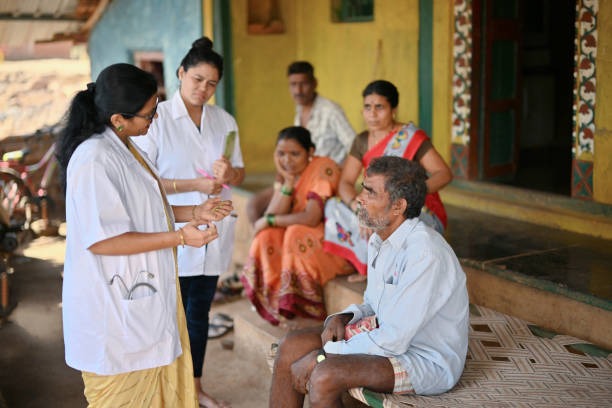Finding the right rehabilitation centre in India requires careful attention to several factors. Families often feel uncertain when selecting a place for recovery, as the choice can directly affect comfort, support, and long-term progress. This guide explains important points to evaluate before making a decision.
Location and Accessibility
The location of a centre can strongly influence the experience. Some families look for a facility nearby to allow regular visits and involvement. Others prefer a centre in a different city, believing distance may reduce exposure to old habits or triggers. A balance between accessibility and privacy is useful when evaluating different options.
For example, those searching for a rehab in Mumbai may find a variety of centres within the city that provide structured support. The urban setting ensures better connectivity and medical resources, making it a practical choice for many families.
Accreditation and Standards
A centre that follows recognised standards provides greater assurance. Accreditation or compliance with government guidelines indicates that proper procedures are in place. Licensed facilities are more likely to have trained professionals, structured programmes, and transparent operations. Families should verify whether the centre has valid permissions and meets safety requirements.
Staff Qualification and Approach
The expertise of staff is one of the most important elements. A combination of counsellors, therapists, and trained support workers ensures balanced care. Families should understand the centre’s overall approach, whether it focuses on structured daily routines or flexible programmes. The right mix depends on the individual’s needs.
Environment and Facilities
The physical environment plays a role in recovery. Clean living areas, safe surroundings, and adequate facilities create a more positive experience. Families may consider visiting the centre beforehand to observe the setting. A supportive and calm atmosphere often contributes to better outcomes.
Some families prefer quieter environments outside large cities. Searching for a rehab in Pune may be suitable in such cases. Pune offers several options in peaceful surroundings, away from the constant pace of metropolitan life. This atmosphere may feel more comfortable for individuals who prefer less crowded spaces.
Range of Services
Different centres provide different services. Some focus on short-term residential care, while others offer longer programmes. Centres may also include group activities, therapy sessions, or vocational support. Families should compare services to see which centre matches their expectations.
Cost and Transparency
Costs vary significantly across centres in India. It is helpful to ask for a clear breakdown of charges before making a decision. Transparency prevents surprises later. While affordability is important, the decision should not be based only on cost. The quality of care and long-term support should be equally considered.
Aftercare and Support
Support after completion of a programme is as important as the stay itself. Relapse prevention strategies, follow-up sessions, or community support groups help individuals adjust when returning to daily life. Families should ask whether the centre provides structured aftercare plans.
Reviews and Reputation
Feedback from former residents and families offers useful insights. Reviews on community platforms or recommendations from trusted sources help in assessing reliability. Families should focus on consistent feedback patterns rather than isolated experiences.
Conclusion
Selecting a rehabilitation centre in India involves evaluating multiple factors such as location, accreditation, staff, facilities, services, cost, and aftercare. Families should also consider whether the environment suits the individual’s comfort. Careful comparison across cities and centres helps in identifying a reliable option that supports long-term recovery.



